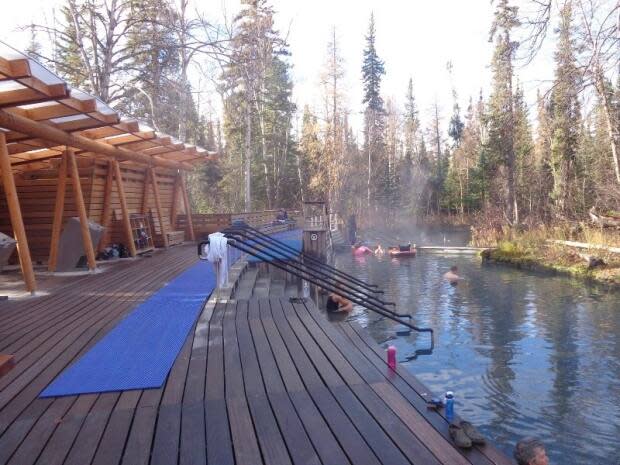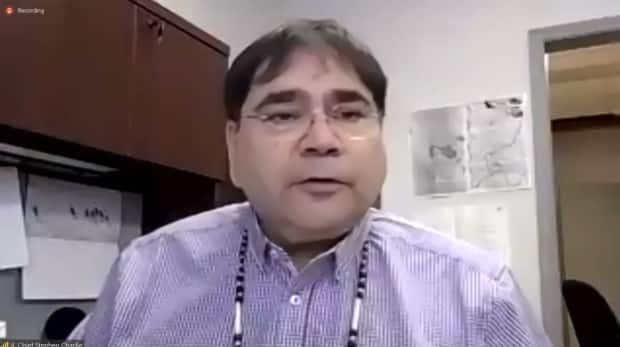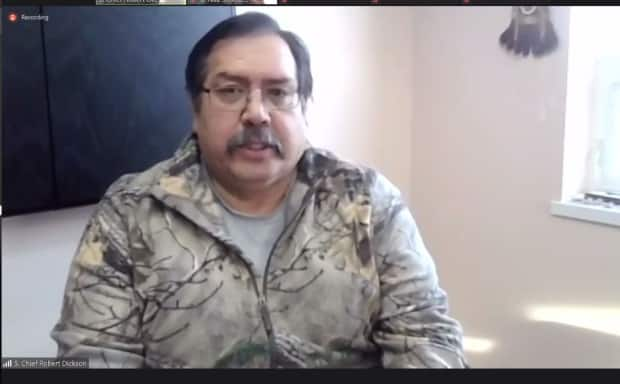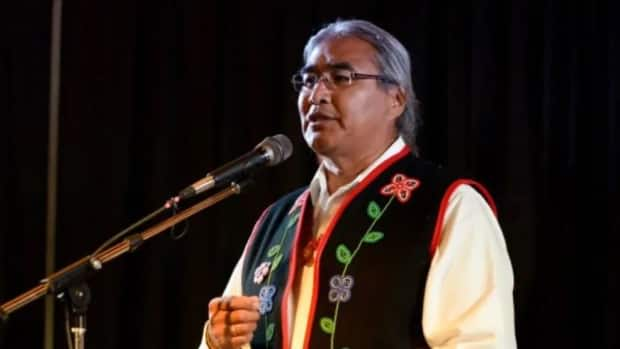Yukon research on geothermic energy gets $2M federal boost

Three Yukon First Nations are set to further explore their lands' potential for geothermal power, with help from a new $2 million federal initiative announced Thursday.
It will see funding from Canada's National Research Council help the Yukon Geological Survey work with the Liard First Nation, Teslin Tlingit Council and Kluane First Nation.
The research will examine fault lines near the communities of Watson Lake, Teslin and Burwash Landing, which could hold significant geothermal energy potential.

Planning for self-sufficiency
Chief Stephen Charlie of the Liard First Nation says local geothermal power could reduce reliance on fossil fuels in Watson Lake.
He mentioned the possibility of heated greenhouses one day helping with food security.
"We're really looking forward to the different opportunities this project could result in," he said.

Chief Robert Dickson of the Kluane First Nation said Burwash Landing's goal is to "establish itself as a fully self-sufficient community."
Dickson said geothermal power could be more consistent and therefore not require batteries or other storage, giving it one advantage over solar and wind — though Dickson also said solar and wind are already being pursued in the community, with different projects already in the works.

Eric Morris, Naa Sháade Háni of the Teslin Tlingit Council said geothermal power could represent an avenue for economic development as First Nations' development corporations or other First Nation-owned ventures could sell power or heat.
"In terms of looking at what we can offer the Yukon economy, perhaps energy is a big one," he said.
Previous work on geothermal power in Yukon has focused on areas near Ross River and the Takhini Hot Springs in Whitehorse.
Carolyn Relf of the Yukon Geological Survey said research will focus on fault lines in Yukon.
Work near the Denali Fault near Burwash Landing will involve drilling test wells, while work in Watson Lake and Teslin will involve geophysical surveys to determine where future drilling could occur near the Tintina and Teslin faults.
'A cleaner and more prosperous Yukon'
On Thursday, Yukon MP Larry Bagnell called the funding a step toward "a cleaner, more prosperous Yukon."
Yukon Minister of Energy, Mines and Resources Ranj Pillai said the Yukon government will add $1.2 million to the initiative.
He said First Nations could sell power to Yukon's grid through the territory's Independent Power Production Policy. If power comes to be produced in communities, geothermal stations would be owned by the First Nations through development corporations or other means, Pillai said.
"Geothermal is a clean and renewable resource, that can be used for heating and power production, reducing reliance on diesel and propane in communities," he said.
The $2 million commitment from the National Research Council is to be spent over three years and is part of the federal $200-million Emerging Renewables Power Program.

